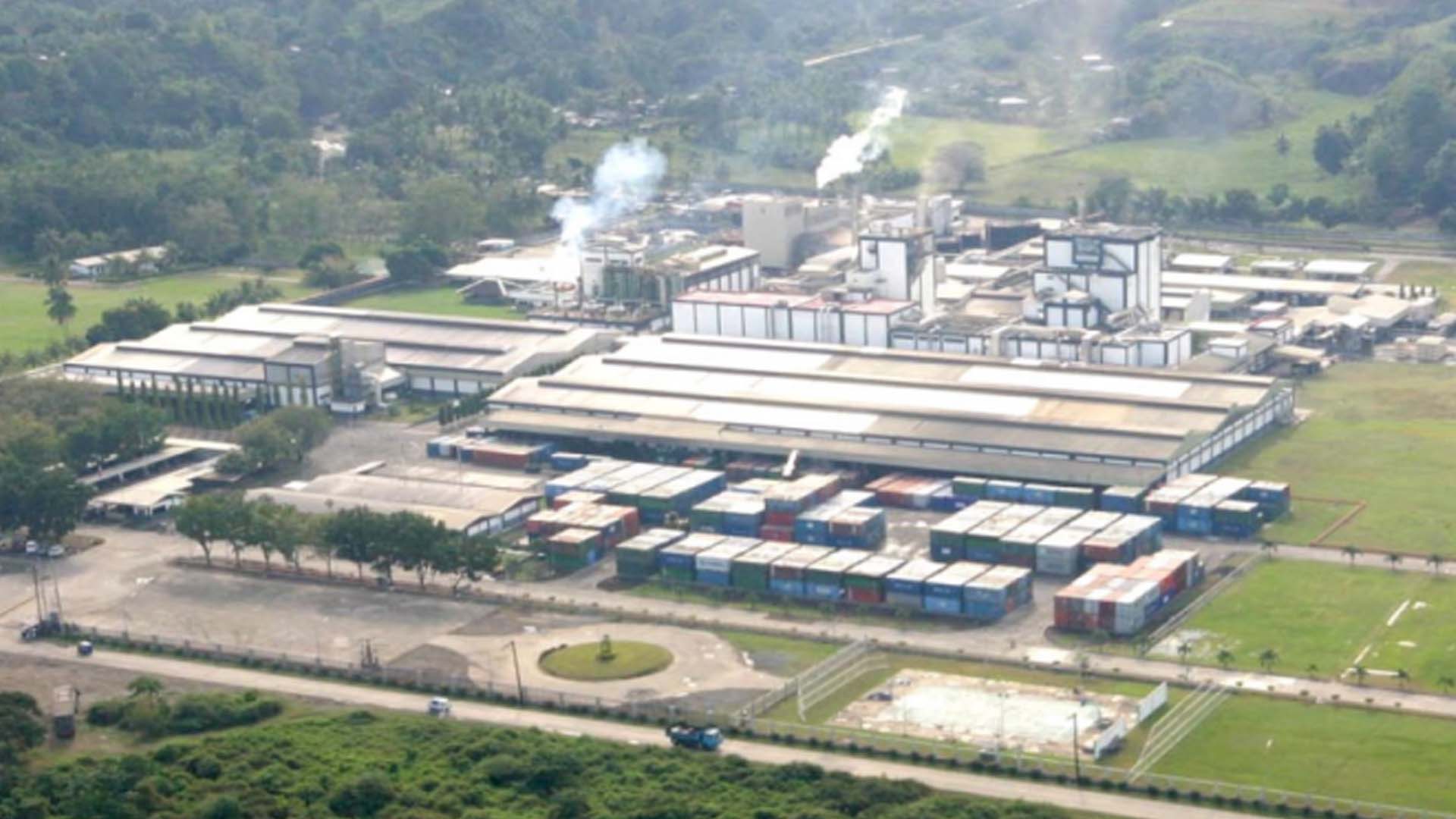A multinational food and beverage company that has a factory in this city has partnered with Mindanao power firms to broaden the use of renewable energy in its operations.
Noel Lonzanida, Nestle Philippines-Cagayan de Oro factory manager, noted that the Mindanao Electric Systems (Minergy), and the Cagayan Electric Power and Light Company (Cepalco) have infrastructure capabilities of producing renewable power as they target future expansion.
“At the moment, we are at the feasibility stage (for our Cagayan de Oro factory) to expand our biomass to cover our production operations,” Lonzanida said in an interview on Thursday.
Lonzanida said some 12 percent of their total operating costs per year is spent on power consumption.
While a portion of the factory has a self-producing biomass, some parts are still dependent on external power supply coming from Cepalco, he said.
Earlier this week, he said Nestle signed an agreement with Minergy and Cepalco to lower further the firm’s carbon footprint.
Kais Marzouki, Nestle Philippines’ chairman and chief executive officer, said the project reflects the company’s “net zero commitment” to transform factory operations.
“With that, a priority task for us has been to fully convert our electricity power source to renewable electricity,” he said.
According to the Nestle Philippines website, its factory here is the only manufacturing facility outside Luzon built on a 25.6-hectare land in Brgy. Tablon.
The factory started operations in 1984 and is now the hub of coffee production in the country and the export center for filled milk powder.
Marzouki said the company’s full transition to renewable electricity, starting with its Luzon facilities in 2016, was once considered too ambitious.
“However, it has been completed two years early because of the dedication and perseverance of our Nestle team with the support of the Department of Energy, the Cagayan de Oro City government, and the private sector,” he said in a statement. (PNA)









